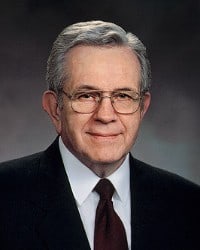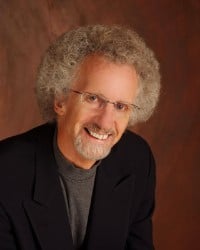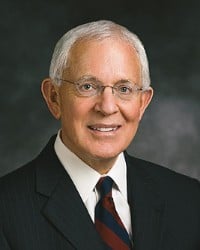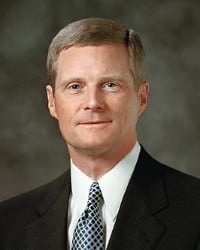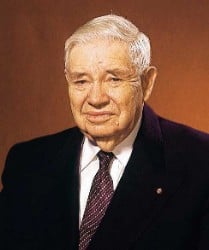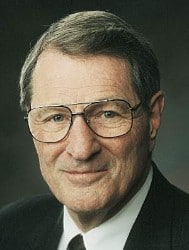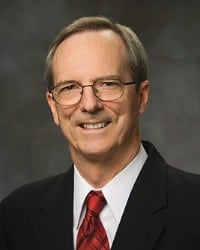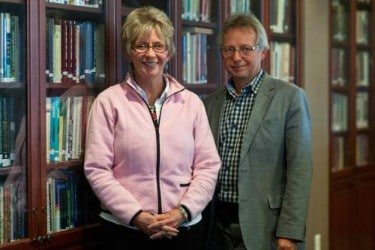
“God and Christ are omniscient, and yet the promise is: ‘He who has repented of his sins, the same is forgiven, and I, the Lord, remember them no more.’ Our Lord is like the mother of Wendell Berry’s poem, whose forgiveness is ‘so complete that I wonder sometimes if it did not precede my wrong.’ He purposely forgives our sins, to extirpate our shame. The act is sublime.”
